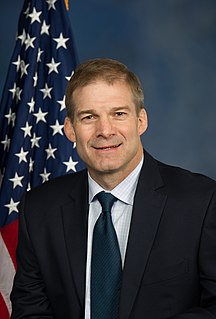A Quote by Sandra Lerner
If you look at any of the big companies, whether it is IBM or L'Oreal, they have a corporate religion and corporate self-image that makes it very difficult for them to execute in different areas.
Related Quotes
For me, the anarchy movement is hilarious. It's all under .org, which is of course government sponsored websites, and then they're all wearing corporate clothing from the Dr.Martin's to the back sacks and the cell phones, they're all flying around on corporate jets and using corporate highways. Very anarchistic!
People who get higher pay are more willing to relocate--especially to undesirable locations at the company's behest... A corporate secretary may change companies in the same town; a corporate executive is more likely to change towns with the same company. A talented corporate secretary sees an invitation to relocate as an invitation; a future corporate executive sees an invitation to relocate as an opportunity--and an obligation.
Are you going to divest in the banks and pension funds? Plenty of people are willing to invest in stock of those companies. You can argue that when a lot of people divest, it makes the stock price artificially low, which makes their price-to-earnings ratio more favorable, which makes it a better investment for the people who don't give a damn - - and is it really going to change corporate behavior? It begins to create a climate of antagonistic opinion, the result might be that the corporate executives will retreat even more into their own selfjustifying narratives.
I think the corporate world is pretty starved for personality. The reason you have comic strips like 'Dilbert' and sitcoms like 'The Office' is that people just can't be genuine human beings in a corporate environment. So if you can really be your own self, even if it's a little bit different, I think people are really drawn to that.
We all look in the mirror and see us a little blonder or a little thinner or a little younger, whatever that ideal might be and most of the people that I'm photographing are selling something, you know whether they're on the front of an album cover or a magazine or they're a corporate person ready to switch companies or a doctor selling a skincare line... so I want to help them achieve that.



































